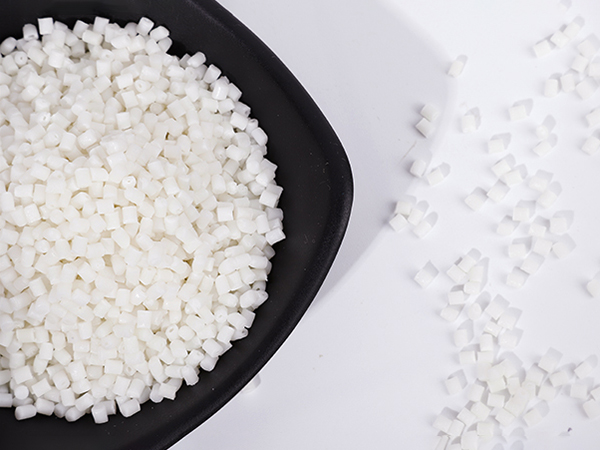Biaxially oriented polypropylene (BOPP) film with the action mechanism of permanent antistatic masterbatch is a crystalline product obtained by biaxially stretching process after adding appropriate functional additives to polypropylene proprietary materials.
Because polypropylene is a typical non-polar polymer material with poor water absorption, the charge generated on the surface is difficult to dissipate after friction, making it very electrostatic. In order to eliminate the charge generated on the film surface, antistatic agent needs to be added. Antistatic masterbatch is a bipolar substance, which can migrate to the surface of the film, absorb moisture in the air, form a conductive layer, and disperse the accumulated charge in time, so that it has the ability to control charging. This ability to evacuate charge is very necessary for the processing and use of polypropylene film.
Otherwise, in the production process, the operator will be shocked by static electricity; When making bags or packaging goods, the surface charge will make the film adhere to the packaging equipment; For packaged goods, due to static electricity, dust will be adsorbed during storage or sales, affecting the image of the product.
Generally, the electrostatic elimination ability of permanent antistatic masterbatch is measured by the time when the charge accumulated in the surface area of BOPP film attenuates to half value, that is, the electrostatic half-life value.
Antistatic agent has mobility. After antistatic agent is added to polymer, it will migrate from adding layer to low content or non adding layer. Therefore, in the actual production process, it is generally only added to the core material of the film. Otherwise, if the antistatic agent is added to the surface layer, it will be consumed due to reverse migration to the core layer, which can not play the role of antistatic.
The migration ability of the antistatic agent of the permanent antistatic masterbatch added to the core layer is affected by the storage temperature and storage time. Within the allowable range, the higher the temperature, the faster the migration speed. At the same temperature, there is a process of migration, which generally needs to be stored for one to two weeks. In addition, the mechanism of antistatic masterbatch and the crystallinity of polymer also have an obvious effect on the migration degree of additives.







 Client QR code
Client QR code
 WeChat public account
WeChat public account
 WeChat applet
WeChat applet